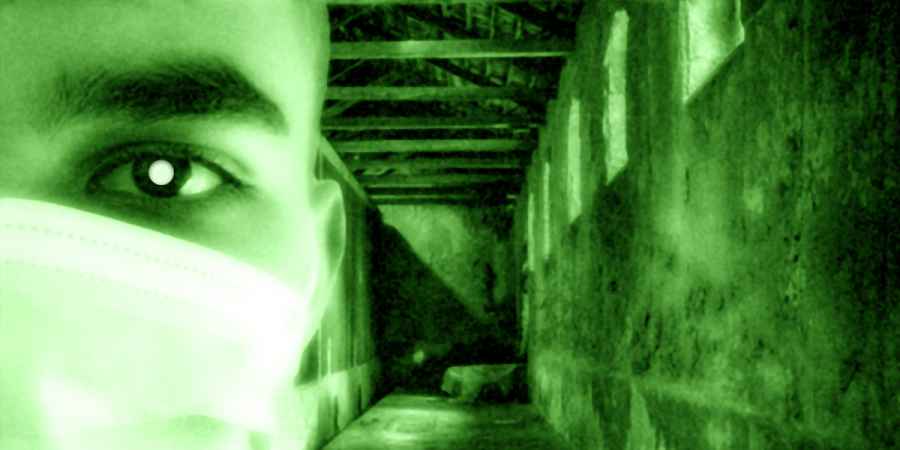

This page is more than four years old and was last updated in April 2022.
With the news that lockdowns and restrictions will once again start to be lifted in the coming weeks and months, paranormal teams will be beginning to think about resuming their events.
Making events COVID secure is a challenge all paranormal events teams have had to deal with over the last few months and will have to for some time yet to come.
Coronavirus restrictions, laws and guidance varies by country, region and local authority, so rather than trying to cater for all situations, we've put together some top-level tips and best practices to help you make your events safe for your team, guests and others using the venue.
Key Points
• Follow all relevant local and government restrictions
• Keep up to date with local and government restrictions
• Ensure familiarity with venue's rules and precautions
• Provide masks and hand sanitiser
These key points are the absolute essentials. It's not only imperative that you follow local, regional, and national guidelines, but also that you do all you can to ensure you are familiar with changes and updates to these rules to allow you as much time as possible to adjust to the ever-changing situation. Pay particular attention to rules relating to indoor gatherings, hospitality and events.
As well as guidance from the authorities, you should also consult with venues to establish what precautions they have in place. This could include limits on the overall number of guests in the building or in certain areas at any one time, closures of parts of the building, one-way systems, and reduced operational hours.
Although guests should be encouraged to bring their own masks and hand wash, it would be a prudent measure to provide free low-cost disposable masks and alcohol gel.
Planning
• Pick suitable venue
• Reduce number of guests
• Consider timings carefully
The venues you normally book for paranormal events may not be suitable in the current climate. You need to consider available space in the building. It might also be sensible to consider reducing the number of guests to make it easier to ensure a social distance and move guests safely around the building. Even if you've used a venue hundreds of times before, complete a risk assessment as if it were your first ever visit.
Consider whether your normal event running order and timings are suitable, perhaps stagger break times to reduce the number of guests using the break room and toilets at any one time. These changes might effect the overall duration of your event, be sure to publicise this in advance so guests can make travel arrangements in plenty of time.
Advertisement ‐ Content Continues Below.
Preparation
• Brief your team
• Think about signage
• Arrive early
Even if you are holding an event at a location you are familiar with, arrive early to allow time for unexpected complications and to allow extra time to brief your team about the precautions that are in place for the event and what will be required of them in order to ensure they keep themselves and others safe during the event.
If you use a large team for events, it may be wise to carry out at least some of your briefing virtually to avoid congregating together unnecessarily. You could use a Zoom chat or Google Hangouts to assign roles and give team members an overview of the event.
Think about what additional signage you might need such as social distance markers, one way signs, or signs reminding guests to keep their distance, wear a mask, or wash their hands.
Arrival
• Stagger arrivals
• Use contact-free ticketing
• Ensure ample space for socially-distanced queues
Where possible ask guests to arrive in staggered intervals to avoid overcrowding and bottlenecking at entrances. Where queuing is unavoidable ensure there is enough space for people to maintain the minimum recommended social distance imposed by the venue or guidelines from the authorities. Consider using separate entrances if your guests will be split into smaller groups or bubbles. Use a digital check-in system or contact-free check-in to avoid the need to unnecessarily handle potentially contaminated physical tickets.
Depending upon the venue's or government rules, you may also need to check guests' temperatures upon arrival to help ensure nobody attending is currently symptomatic.
Vigils
• Rotate guests safely
• Work in bubbles
• Limit use of equipment or clean regularly
Assign the same team member to a group all night to avoid unnecessary contact with additional team members. When moving guests between different locations at the venue for vigils, try to avoid them passing or coming into contact with one another. This can be done by enforcing a one-way system throughout the venue where the layout allows. Prop open doors where fire regulations permit to avoid unnecessary contact with door handles.
Do not allow guests to take part in close-contact experiments like table tipping and spirit boards unless the experiment is conducted by members of the same household or bubble, depending on local and national guidelines.
Try to avoid guests passing ghost hunting equipment between bubbles and assign a set of equipment to each group so that it is not passed around between different groups across the night. Where possible wipe down the devices with sanitiser wipes between use.
Refreshment
• Ask guests to provide their own refreshments where possible
• Use disposable items
• Clean regularly
Consider whether you can safely provide your usual refreshments. This includes ensuring there is a safe space that will not become congested during breaks. You could reduce congestion by asking guests to bring their own refreshments, or by providing bottled water and snacks upon arrival. Use disposable cups, stirrers and cutlery where possible. Use individual sachets of coffee and sugar to avoid contact with spoons and containers. Clean surfaces and shared items such as kettles or hot water urns regularly.
End Of Night
• Stagger guests' departure
• Ensure the location is left clean
As with arrivals, stagger guests leaving times to ensure that there is no bottleneck of people trying to leave and use additional exits where it is possible. During the current climate it is more important than ever to leave the building as you found it. Dispose of waste in external bins to reduce the chance of the venue's staff coming into contact with infected materials. Wipe any surfaces, door handles or stair rails that have been used heavily throughout the night with sanitiser.
🦠 COVID-19's Impact On The Paranormal World
See All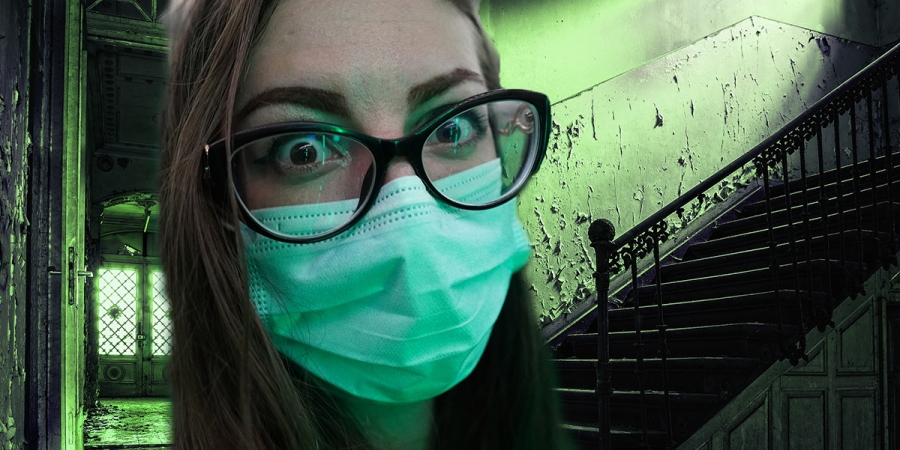
ArrayMarch 08, 2021
How Ghost Hunting Can Resume With The COVID-19 Roadmap To Freedom
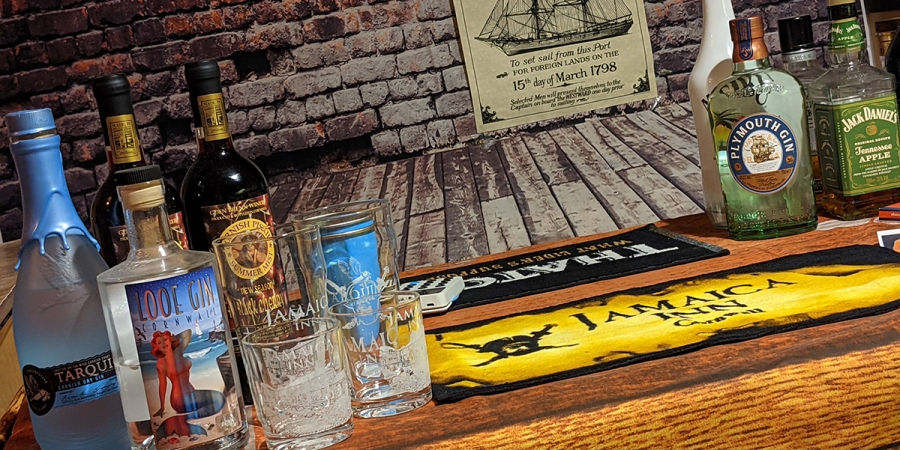
ArrayFebruary 07, 2021
Ghost Hunter Recreates Haunted Jamaica Inn For Girlfriend's Lockdown Birthday
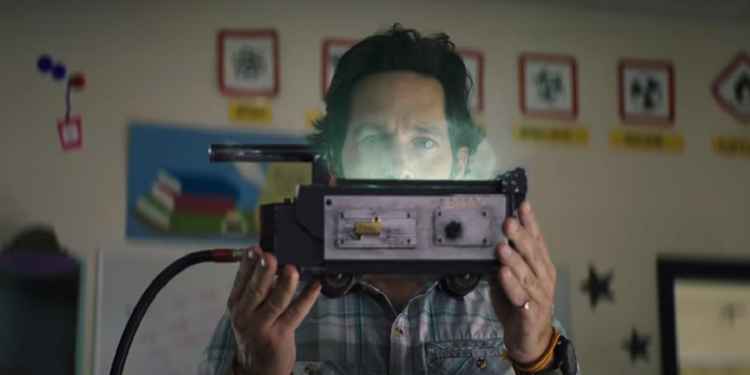
ArrayJanuary 23, 2021
New 'Ghostbusters: Afterlife' Movie Delayed Again
Learn With Higgypop
Hosted by Paralearning in association with Higgypop, these courses on ghost hunting, paranormal investigations, and occult practices draw on the experience of our team of paranormal writers.
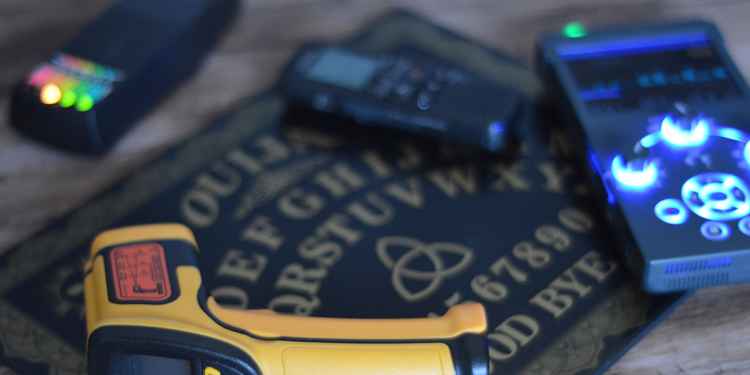
Diploma In Practical Ghost Hunting & Scientific Analysis
This course gives you practical and useful knowledge of ghost hunting and paranormal research, which is invaluable when conducting your own paranormal investigations or as part of a group event.
View Course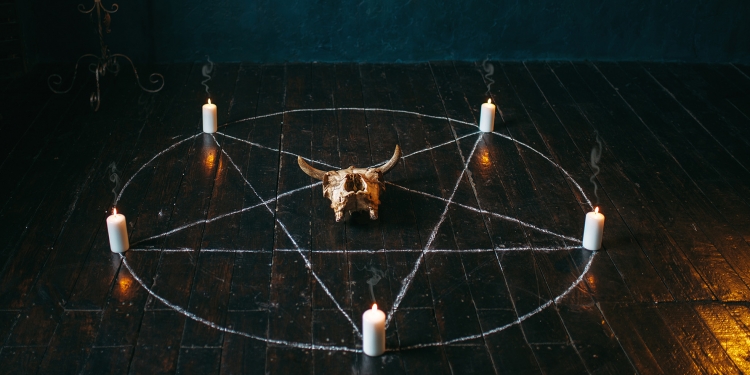
Diploma In Modern Demonology For Paranormal Investigators
This course gives you practical and useful knowledge of ghost hunting and paranormal research, which is invaluable when conducting your own paranormal investigations or as part of a group event.
View CourseMore Like This
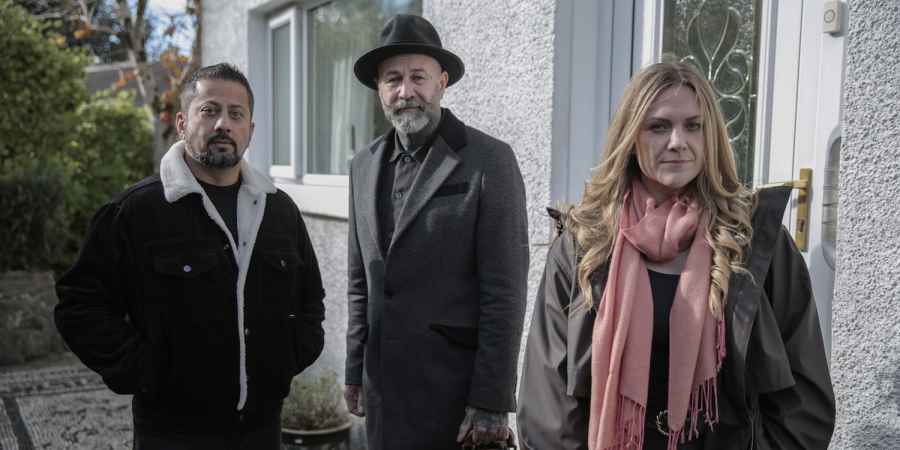
Help My House Is HauntedFebruary 25, 2025
Discovery+ Announces Streaming Date Of New Series Of 'Help! My House Is Haunted'

Help My House Is HauntedJanuary 17, 2025
Dom Joly Features In The Full Lineup For 'Celebrity Help! My House Is Haunted' Series 4

ParanormalMarch 08, 2021
How Ghost Hunting Can Resume With The COVID-19 Roadmap To Freedom
 See More on Audible
See More on Audible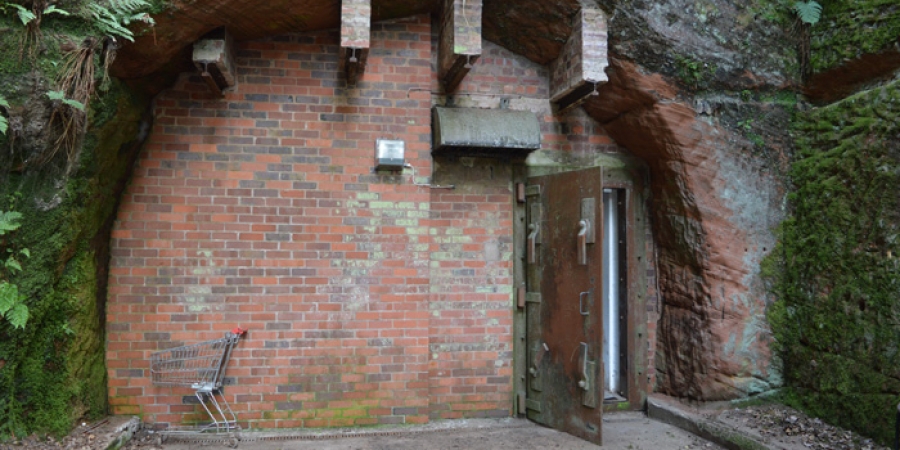


Comments
Want To Join The Conversation?
Sign in or create an account to leave a comment.
Sign In
Create Account
Account Settings
Be the first to comment.